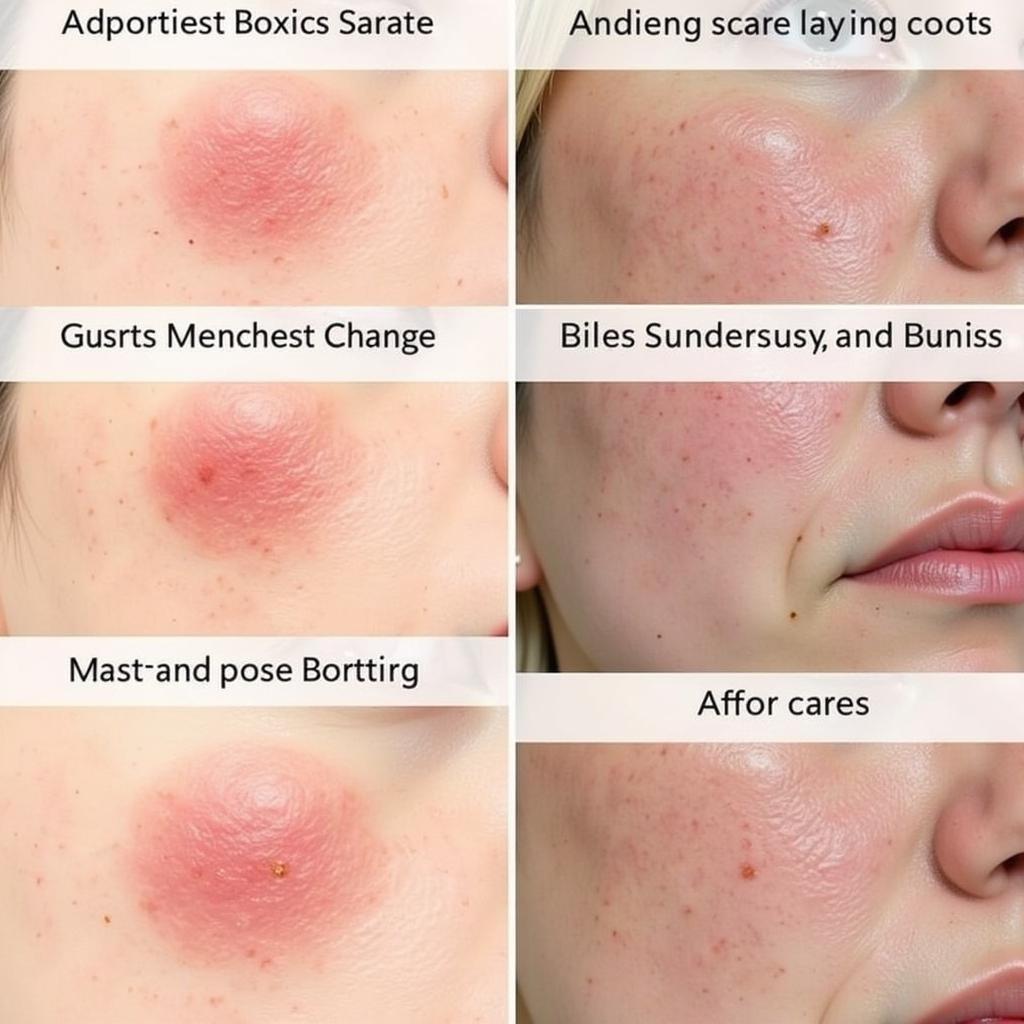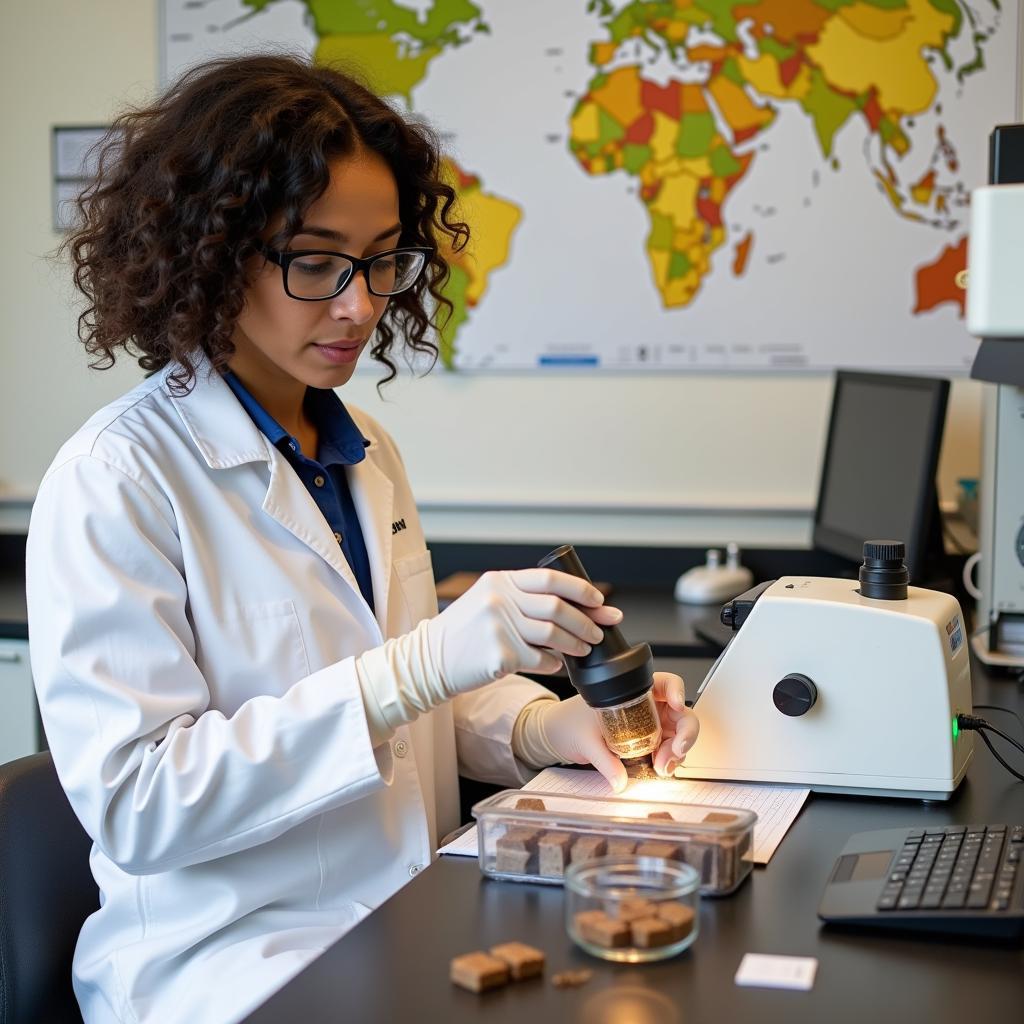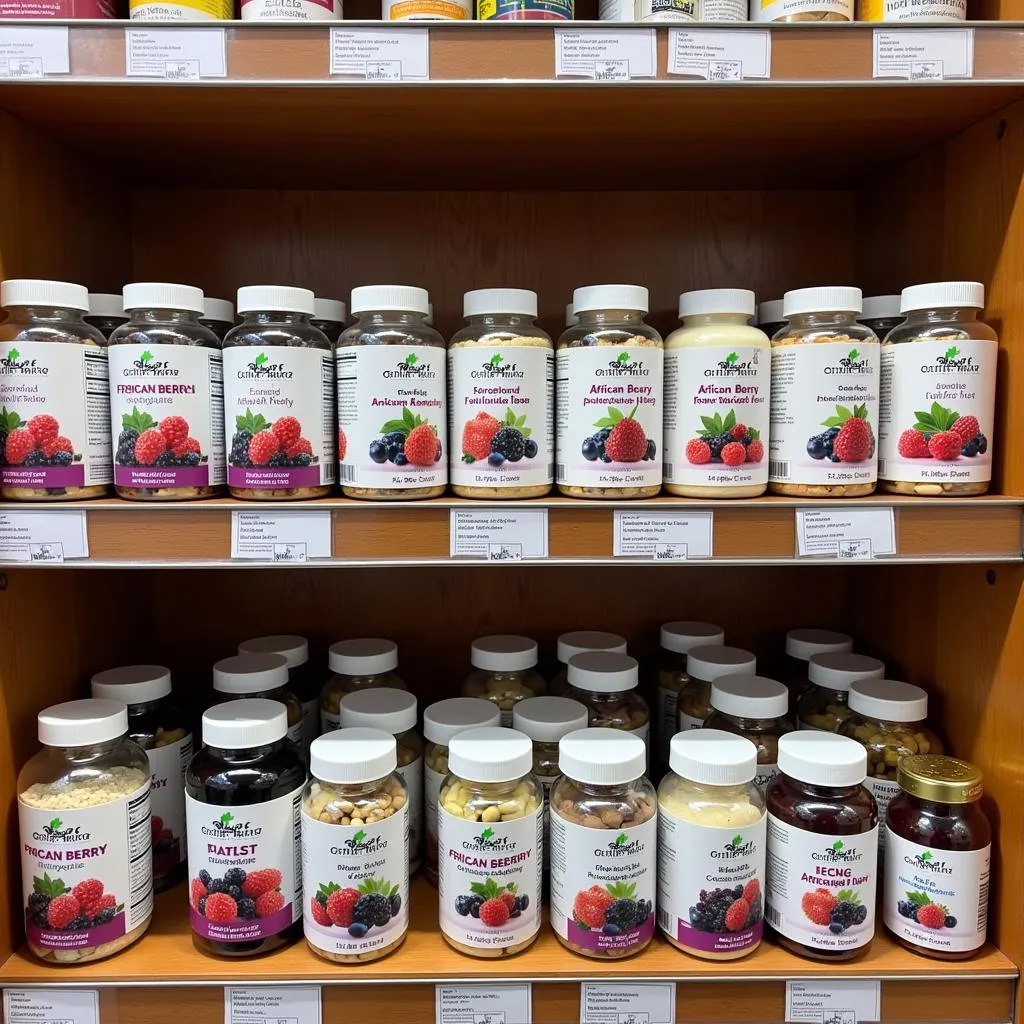Understanding Forced Sex in Africa: A Complex Issue
Forced sex, a harrowing reality for countless individuals across the globe, unfortunately, finds itself deeply entrenched within certain aspects of African societies. This complex issue transcends simple explanations, demanding a nuanced understanding that considers cultural contexts, historical influences, and ongoing societal struggles. While it’s crucial to avoid generalizations about an entire continent, shedding light on this sensitive topic is vital to promoting awareness, fostering dialogue, and ultimately working towards eradication.
Historical and Cultural Factors
To grasp the roots of forced sex in Africa, one must delve into the historical and cultural landscapes that have shaped societal norms and power dynamics.
The Legacy of Colonialism and Patriarchy
The imposition of colonial rule across much of Africa brought with it a disruption of traditional power structures and the introduction of new patriarchal systems. This shift often exacerbated existing gender inequalities, relegating women to subordinate roles and reinforcing men’s perceived dominance. These ingrained power imbalances continue to fuel various forms of gender-based violence, including forced sex, in contemporary African societies.
Harmful Traditional Practices
While it’s important to acknowledge the richness and diversity of African cultures, certain traditional practices unfortunately perpetuate the cycle of violence against women and girls. For instance, forced marriage, often involving underage girls, remains a reality in several communities. This practice strips young girls of their agency, exposing them to sexual violence and denying them fundamental rights.
Similarly, female genital mutilation (FGM), still prevalent in some regions, constitutes a violation of human rights and can lead to long-term physical and psychological trauma, often increasing vulnerability to sexual abuse.
Modern Challenges and Manifestations
The scourge of forced sex in Africa continues to manifest itself in various forms within modern society, highlighting the ongoing need for intervention and change.
Sexual Violence in Conflict Zones
Tragically, armed conflicts and political instability in certain parts of Africa create environments where sexual violence becomes a weapon of war. Women and girls often bear the brunt of this brutality, subjected to systematic rape, sexual slavery, and other forms of abuse.
The HIV/AIDS Epidemic
The HIV/AIDS epidemic has had a devastating impact on Africa, and its intersection with forced sex cannot be ignored. The power imbalances that allow for sexual coercion also increase the risk of HIV transmission, trapping vulnerable individuals in a cycle of disease and abuse.
Lack of Access to Justice and Support
For survivors of forced sex, seeking justice and accessing adequate support can be incredibly challenging in many African countries. Stigma, shame, and fear of reprisal often prevent victims from reporting incidents, while inadequate legal frameworks and limited access to healthcare services exacerbate their plight.
Breaking the Cycle: Pathways to Change
Addressing the complex issue of forced sex in Africa demands a multi-faceted approach that tackles both the root causes and the current manifestations of this problem.
Empowering Women and Girls
Promoting gender equality and empowering women and girls through education, economic opportunities, and access to healthcare are essential steps towards dismantling the patriarchal structures that perpetuate violence.
Challenging Harmful Norms
Open dialogue within communities is crucial to challenging and ultimately changing harmful traditional practices like forced marriage and FGM. Engaging religious and community leaders in this process is vital to fostering positive social transformation.
Strengthening Legal Frameworks
Robust legal frameworks that criminalize all forms of sexual violence and ensure accountability for perpetrators are essential for deterring future abuses and providing justice for survivors.
Supporting Survivors
It is crucial to provide comprehensive support services, including medical care, counseling, and legal aid, to survivors of forced sex, enabling them to heal and rebuild their lives.
Conclusion
The issue of forced sex in Africa is a complex and sensitive one that requires a nuanced and informed approach. By acknowledging the historical and cultural factors at play, addressing modern challenges, and implementing comprehensive solutions, we can work towards creating a future where all individuals are free from the threat of sexual violence.


